Aproxen DS 500mg
Naproxen Sodium is a non-steroidal anti-inflammatory drug (NSAID) used to manage pain, inflammation, and fever. It works by reducing the production of prostaglandins, compounds in the body responsible for pain and inflammation. This action helps in alleviating discomfort from various conditions, including acute injuries, arthritis, menstrual cramps, and other inflammatory situations.
Ingredients
-
Naproxen Sodium
Drug Class
-
Non-steroidal anti-inflammatory drug (NSAID)
Dosage Form
-
Tablet
Uses
-
Relief of acute pain, including headaches, toothaches, and menstrual cramps.
-
Reducing inflammation in conditions like bursitis, tendonitis, and gout attacks.
-
Managing fever associated with cold, flu, or other illnesses.
-
Temporary relief of arthritis pain, including osteoarthritis and rheumatoid arthritis.
-
Reducing swelling and discomfort from minor injuries such as sprains and strains.
-
Easing discomfort after surgical or dental procedures.
Dosage
-
Dosage varies according to the condition and should follow a doctor’s instructions.
-
Common usage includes twice daily dosing for arthritis and gout, and every 6–8 hours for acute pain relief.
How to Use
-
Swallow the tablet whole with a full glass of water.
-
Take with food or after meals to reduce the risk of stomach irritation.
-
Follow the instructions provided by a healthcare professional.
Missed Dose
-
Take the missed dose as soon as remembered, unless it is almost time for the next scheduled dose.
-
Do not double the dose to compensate for a missed one.
When Not to Use
-
Allergy to naproxen, aspirin, or other NSAIDs.
-
History of gastrointestinal bleeding, peptic ulcers, or severe heart, liver, or kidney problems.
-
Third trimester of pregnancy.
-
History of bleeding disorders or concurrent use of blood-thinning medications.
Side Effects
-
Stomach pain, nausea, or vomiting
-
Diarrhea
-
Dizziness or headache
-
Drowsiness or fatigue
-
Skin rash or itching
-
Elevated blood pressure
Precautions & Warnings
-
Caution is advised for patients with liver or kidney issues, high blood pressure, or gastrointestinal conditions.
-
Avoid excessive alcohol intake while using this medication.
-
Regular monitoring may be needed for elderly patients or those on other medications.
-
Breastfeeding mothers should consult their healthcare provider.
Drug Interactions
-
May interact with other NSAIDs, anticoagulants, diuretics, lithium, methotrexate, ACE inhibitors, and certain antidepressants.
-
Always inform your healthcare provider about all medications being used.
Food Interactions
-
Limit alcohol and excessive salt intake.
-
High-fat meals may affect absorption.
-
Foods rich in vitamin K should be consumed consistently to avoid interaction with blood-thinning effects.
-
Moderation is advised for caffeine and grapefruit consumption.
Storage & Disposal
-
Store at room temperature, away from heat, moisture, and direct sunlight.
-
Keep out of reach of children.
-
Consult a pharmacist for safe disposal of expired or unused medication.
Laboratory Screening
-
While Naproxen Sodium is widely available, a medical assessment may include liver and kidney function tests, blood tests, or imaging to ensure safe use.
Quick Tips
-
Take with water and food.
-
Avoid crushing or chewing the tablet.
-
Monitor blood pressure if hypertensive.
-
Report unusual symptoms to a healthcare provider.
-
Complete the full course as instructed by a healthcare professional.
Disclaimer
This information is intended for general awareness and education. Naproxen Sodium should be used under the guidance of a qualified healthcare professional. The content does not replace medical advice, diagnosis, or treatment. Seek immediate medical attention in case of severe reactions, overdose, or adverse symptoms.

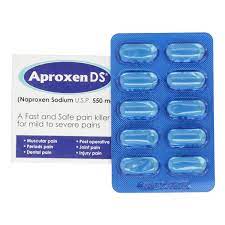
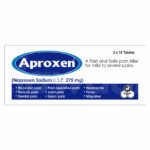

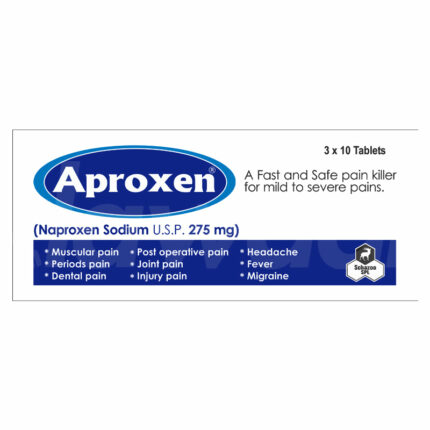
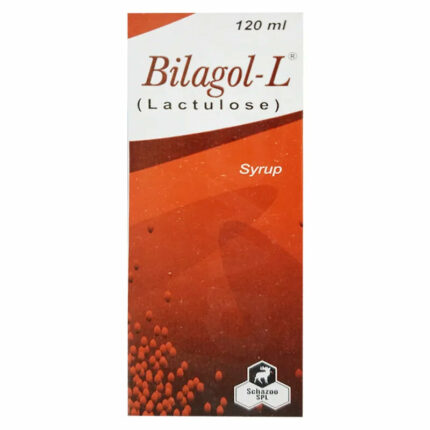
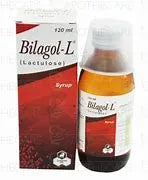
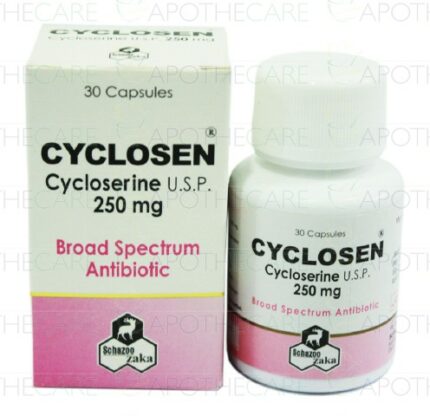
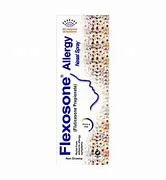
Reviews
There are no reviews yet.